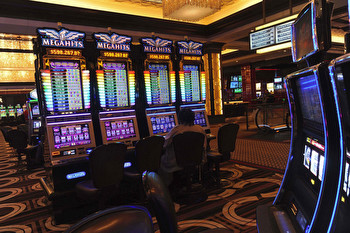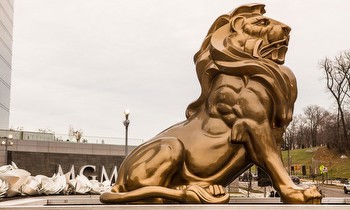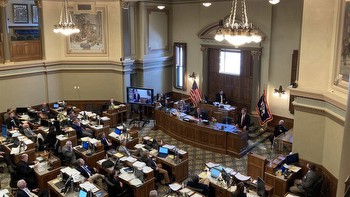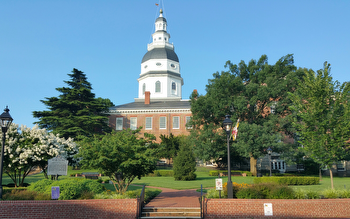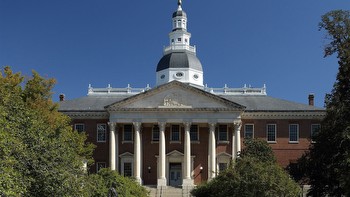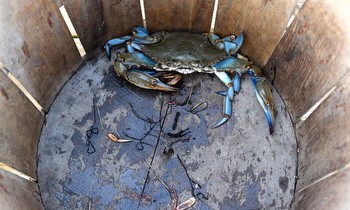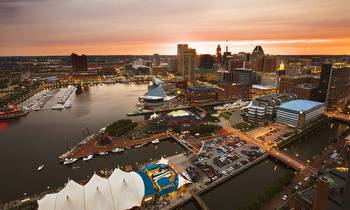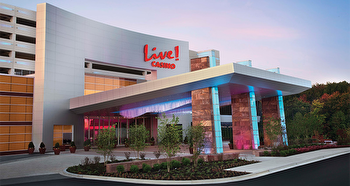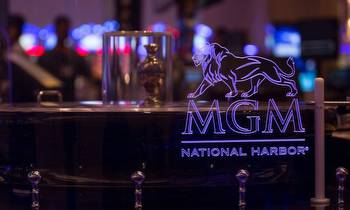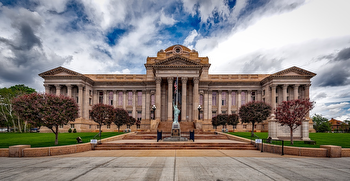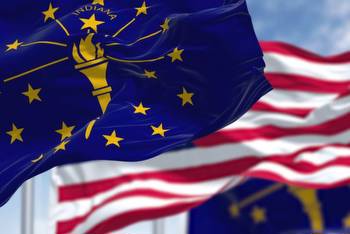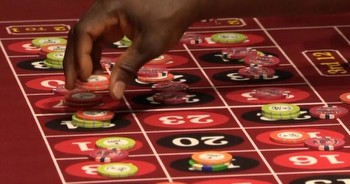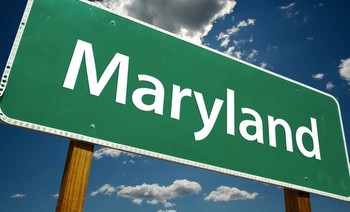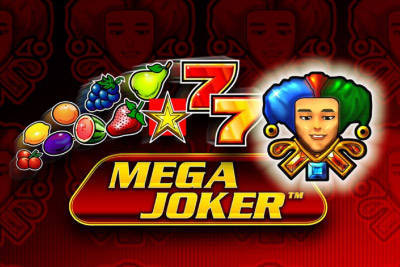Maryland Legislators Begin Legalized Online Casino Debates
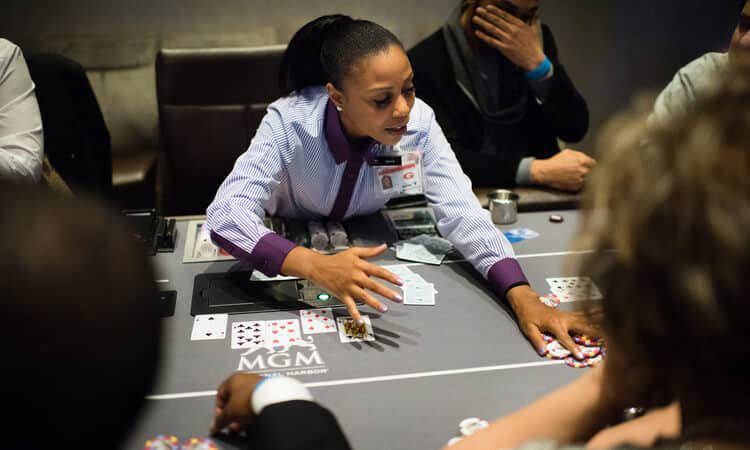
Watson’s goal is to send additional tax revenue to the state’s Education Trust Fund. He shared an estimate Wednesday that online casino gaming could generate over $100 million annually for the state. SB 267 taxes online casino gaming at 15%, and licenses cost $500,000.
Watson wants Maryland to enter into the Multi-State Internet Gaming Agreement, allowing Maryland online poker players to compete in pools with players from Delaware, Michigan, Nevada, and New Jersey.
“It is my strong desire that Maryland become a player in this space,” Watson said.
J.B. Jennings, a member of the Senate Budget and Taxation Committee, raised concern about additional expansion of gaming in the state. Jennings mentioned the influx of advertisements when mobile sports betting went live in November, saying he heard more FanDuelAll I Want for Christmas Is You.
Jennings noted that while iGaming would increase tax revenues, it would also take money out of the pockets of the losing gamblers.
“Are we going too far?” Jennings said.
Other businesses want access
A few speakers from the public asked that the bill be amended to allow others besides the state’s casinos to have access to online casino gaming licenses.
That was the view of Alyse Cohen, the owner of Long Shot’s, which is licensed for sports betting with her running the first 100% woman-owned sports betting business in Maryland. The state’s sports betting legislation focused on diversity and inclusion in the industry, and she’s hopeful for the same if iGaming is legalized.
“As one of the most diverse states in the country, Maryland has rightfully looked to prioritize underserved communities,” Cohen said. “iGaming should be no different. By giving only the casinos the ability to expand their online presence, any true equity inclusion for women and minorities is lost.”
A representative from Delta Bingo concurred, albeit a bit more harshly than Cohen.
“[The casinos] seem to have this sense of entitlement, that they know everything best, and that’s just not the case,” the representative from Delta Bingo said.
Advocates for the measure hope to see the bill passed this year, in order to put the question in front of voters in November 2024. At the earliest, online casino gaming likely won’t come to Maryland until 2025.









